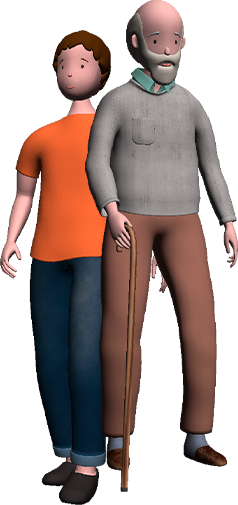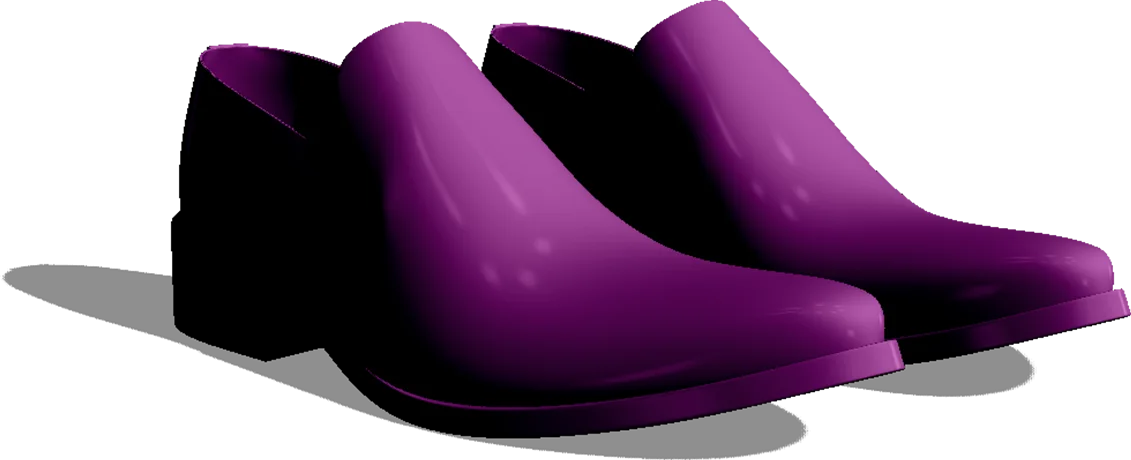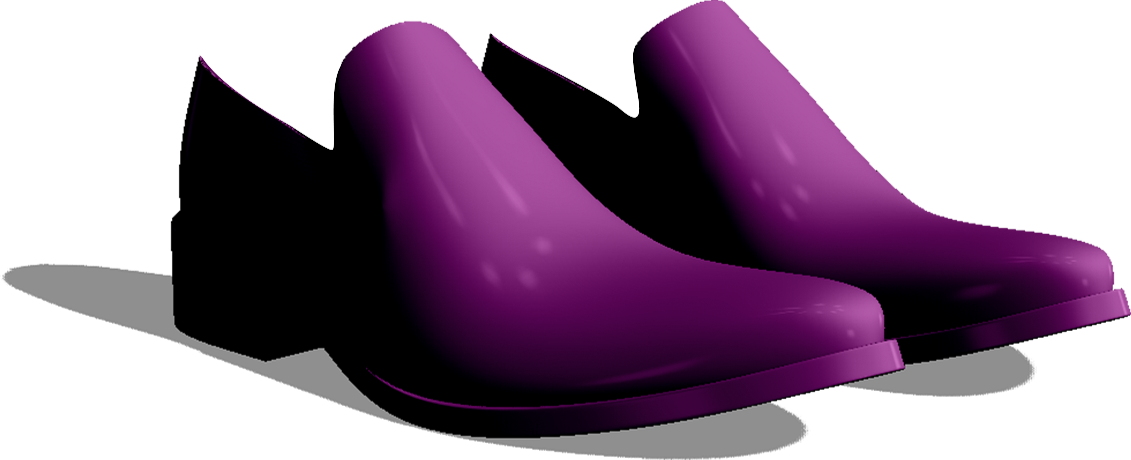Universal Life Insurance
Universal life insurance (UL) is a type of permanent life insurance policy, which means that it persists as defined by the contract and pays out benefits upon the death of the holder indefinitely. However, UL policies also offer a flexible savings element that helps invest in building the total value over time. While this type of life insurance does not have a specified end date, the terms may change depending on the holder’s life circumstances.
Premiums and Interest for Universal Life Insurance
Universal life policies aren’t just a form of coverage; they can also be a source of cash in a time of need. Paid premiums will be divided between death benefits and the savings component, which is also called the cash value. The holder can borrow money against the cash value depending on the exact terms of their policy.
The cash value of a UL policy is a form of investment that can accrue interest on its own, which continues to build the overall value. Holders can direct value from the interest to go towards premium payments. Depending on the size and performance of this investment, the yield can be used to cover premiums rather than putting more money towards the payment. Additionally, holders may be able to lower the total death benefit and reduce premium payments down the road.

Is a Universal Life Policy the Right Choice?
There are several types of permanent life insurance, so choosing the best one for a particular situation requires careful analysis and thought. UL policies can be a great asset as part of career or workplace benefits, as they offer both the protection of death benefits as well as the ability to build accessible value.
People who want to protect their families from the loss of a principal source of income may want to adopt this type of policy. It can also be a good pick for individuals who want to build long-term assets and do not foresee a need to dip into the cash value in the unforeseen future.
Other Policies

Step in with confidence.


For protection that always fits!
If you want to go far, here is where you start.

Let the journey begin!




